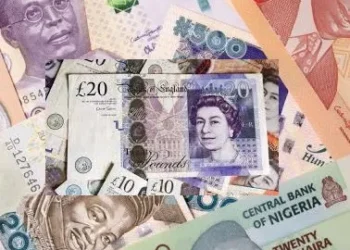Nigerians significantly reduced their expenditure on foreign education in the first quarter of 2024, according to recent data from the Central Bank of Nigeria (CBN). Between January and March, $38.17 million was spent on education abroad, marking an 83% decline from the $218.87 million recorded in the same period last year.
This sharp decrease comes against a backdrop of broader economic challenges and a notable drop in international student enrolment in the UK. A survey by Universities UK (UUK) revealed a 44% reduction in postgraduate international students in January 2024 compared to the previous year, leading to financial strain for universities that rely on these higher-paying students.
Interestingly, despite the year-on-year decrease, there was a 54% quarter-on-quarter increase from the $24.82 million spent in the last quarter of 2023.
Earlier this year, CBN Governor Yemi Cardoso highlighted the significant outflow of funds for foreign education and medical tourism, citing it as a major factor contributing to Nigeria’s foreign exchange challenges. He noted that $40 billion had been spent on these services, exacerbating the pressure on Nigeria’s forex reserves and contributing to the devaluation of the Naira.
While foreign education expenses decreased, spending on health-related and social services surged. CBN data indicated a 122% increase in these expenses, from $1.04 million in Q1 2023 to $2.31 million in Q1 2024. Additionally, there was a staggering 485% rise from the $0.39 million recorded in the last quarter of 2023.
In response to these forex challenges, the CBN introduced stricter regulations for purchasing foreign currencies through Bureau De Change (BDC) operators. For instance, the purchase of foreign currency for school fees is now capped at $10,000 per customer annually, and the transactions must be made directly to the educational institutions via the BDC’s domiciliary account. These transactions require comprehensive documentation, including proof of admission and the educational institution’s invoice.
Similarly, for medical bills abroad, the CBN has set a limit of $5,000 per annum. These transactions must also be supported by detailed documentation and transferred directly to the medical facilities.
These measures, approved in May 2024, aim to further control Nigeria’s forex spending on foreign education and medical tourism, potentially leading to more sustainable management of the country’s foreign exchange reserves.










